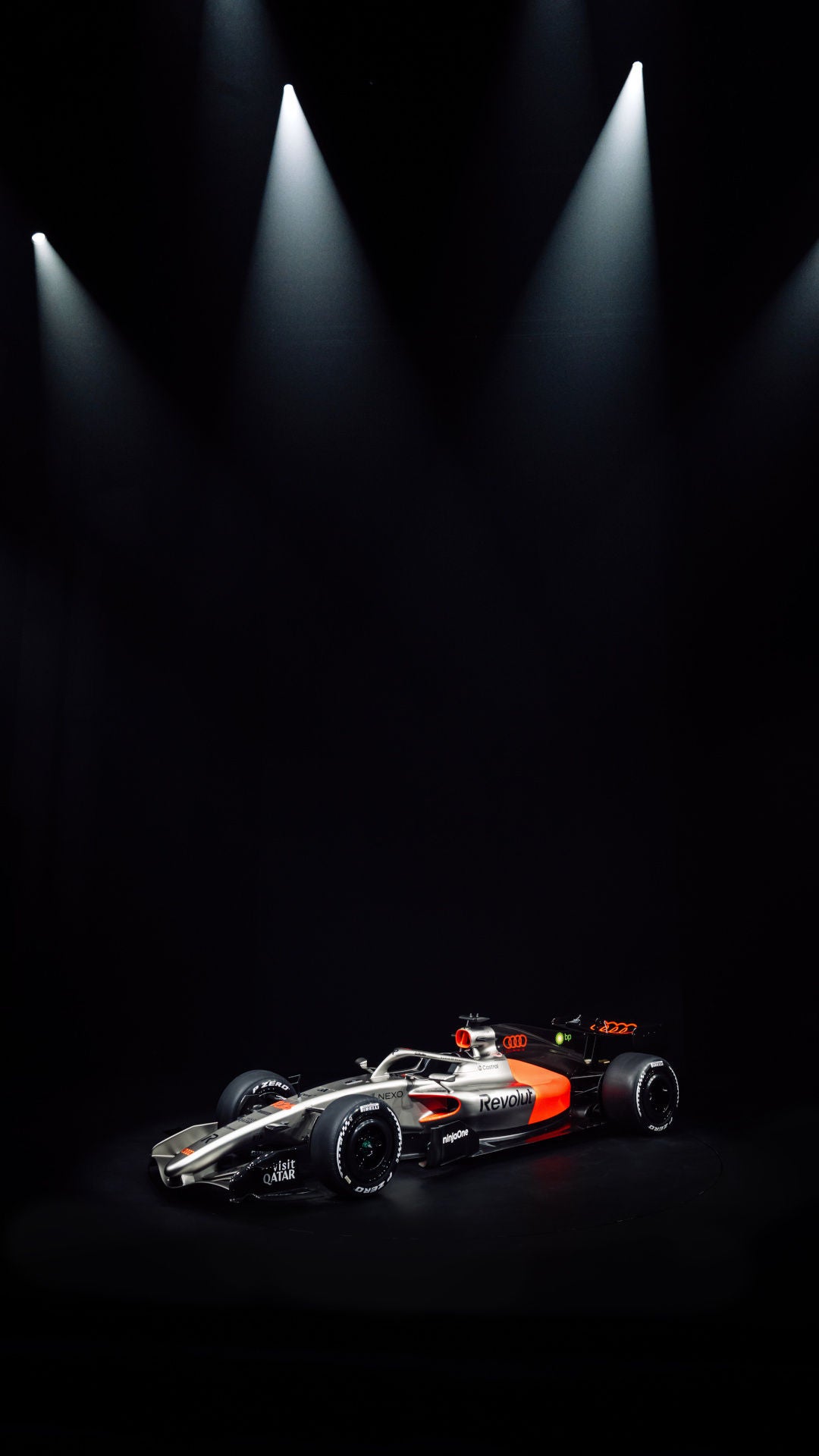Strive for clarity
The brightest moments in Audi history involved daring leaps of imagination and innovation, cutting-edge technology, and groundbreaking design. The new design philosophy "The Radical Next" builds on this legacy and is based on four principles: clear, technical, intelligent, and emotional. Through the way Audi designs its vehicles, clarity will shape the company.
The vehicle referred to is a concept car that is not available in series production.

